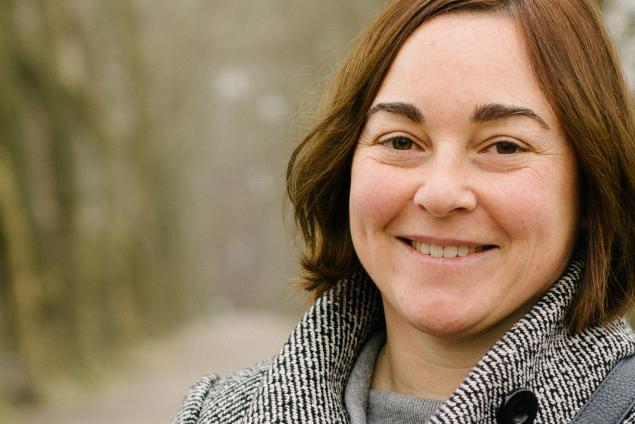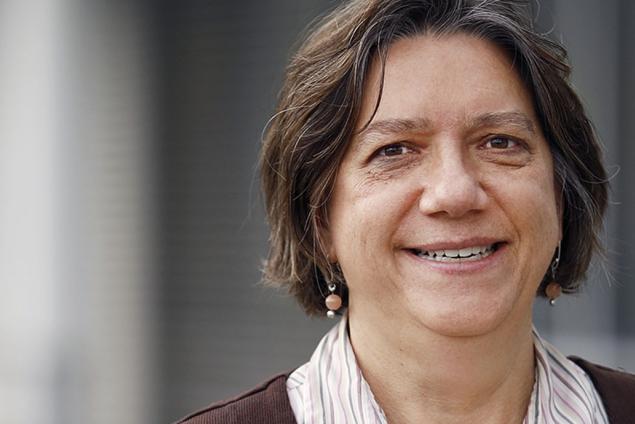Scroll to Section:
Seagrasses evolved from terrestrial plants on at least 3 separate occasions. We know that land plants interact with their microbial communities in their soils to recruit symbionts. In this video, EMILIA SOGIN investigates whether seagrasses also retained their interactions with the microbial communities that live in their sediments. Conducting metabolomic analyses of sediment porewater as well as incubation experiments and metagenomic and metatranscriptomic analysis, Sogin notes that seagrasses excrete sugars, in particular sucrose, to their sediments. Further, the microbial communities living in their sediments have a reduced capacity to degrade these sugars. This research highlights the complex interactions seagrasses develop with their sediment microbial communities and the link to the ability of seagrasses to bury carbon.
DOI:
https://doi.org/10.21036/LTPUB10858
Institution

Max Planck Institute for Marine Microbiology
At the Max Planck Institute for Marine Microbiology (MPIMM), we are investigating microorganisms in the sea and other waters. What role do they play, what are their characteristics and how great is their biodiversity? What is the contribution of microorganisms to the global cycles of carbon, nitrogen, sulfur and iron? What does this mean for our environment and our climate? These and many other questions will be answered by researchers from around the world, engineers, technicians and numerous others at the MPIMM. Their fields of expertise range from microbiology to microsensors, geochemistry to genome analysis and molecular ecology to modelling.
The MPIMM was founded in 1992 and is part of the Max Planck Society (MPG). Since 2002, the MPIMM has been running the International Max Planck Research School of Marine Microbiology ( MarMic ), a program for highly qualified master students and graduates of our institute and the Bremen Research Alliance partner Bremen University, Alfred Wegener Institute Helmholtz Center for Polar and Marine Research ( AWI ) and Jacobs University.
Show more
Original publication
Seagrass Excretes Sugars to their Rhizosphere Making them the Sweet Spots in the Sea
bioRxiv
Published in 2019
Beyond
A Ground-breaking Scientific Revolution
An Alarming Challenge for Society
If I Had a Second Life
A Personal Reading Recommendation




